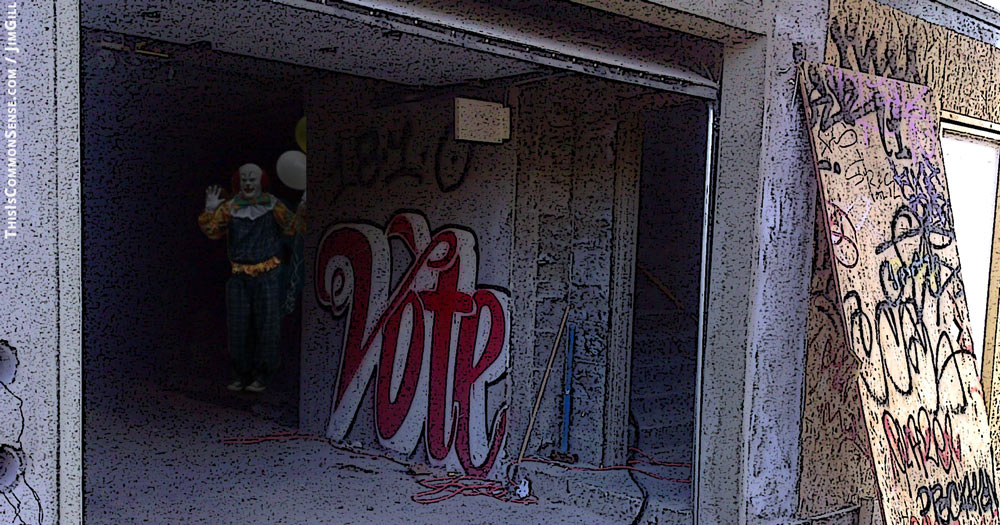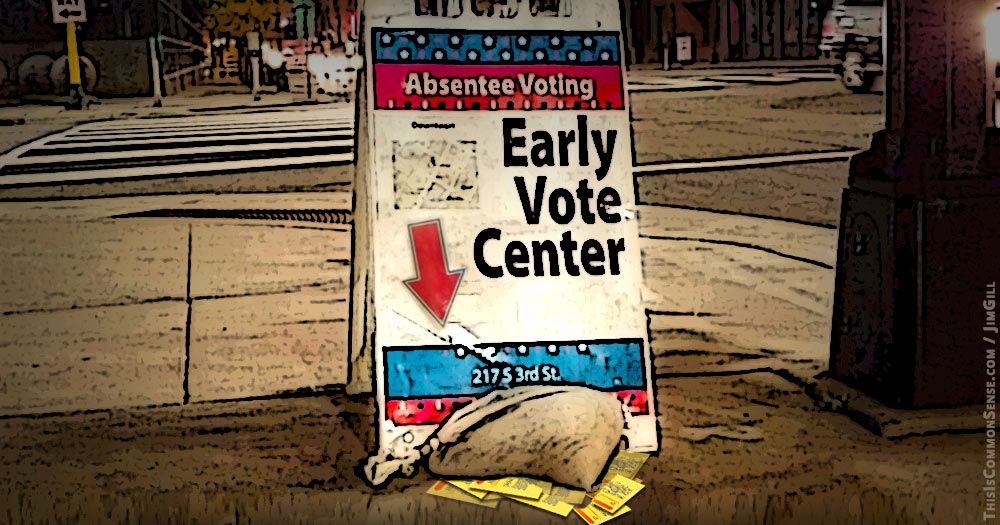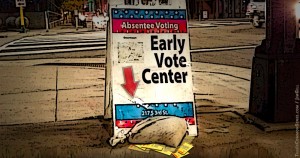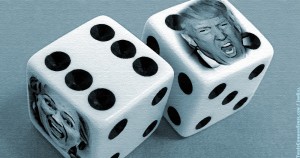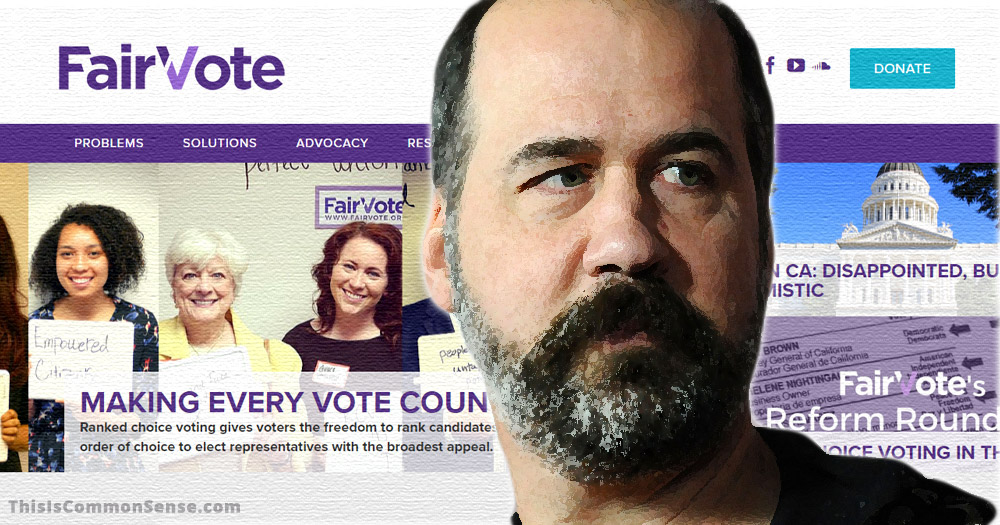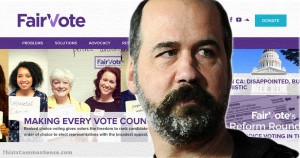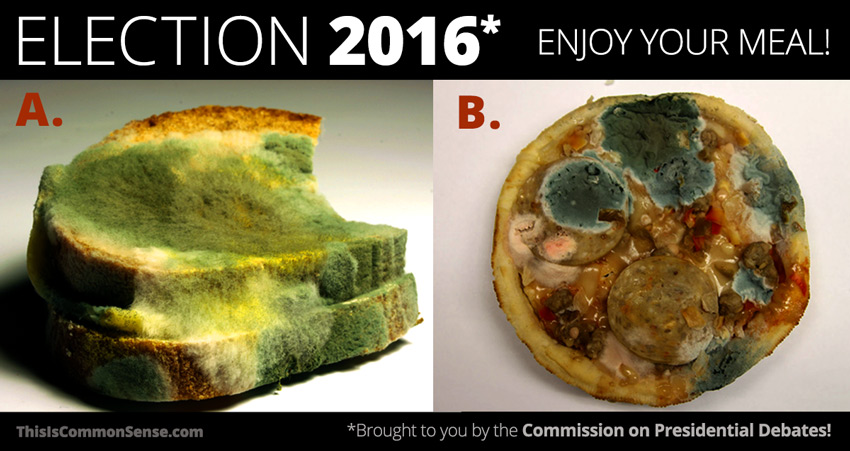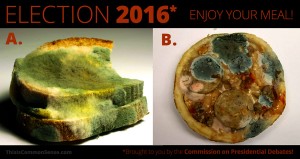Strange election. So … round up the usual suspects!
Immediately after Hillary dried her tears and conceded, out came the Tweets, then the analyses: the “third parties” are to blame!
Over the weekend, I focused* on one such election post-mortem. The basic idea is not altogether wrong: minor party efforts together may have cost the Democrat her Electoral College advantage this time around, just as Nader’s Green Party run spoiled Al Gore’s bid in 2000 and several past congressional races have been spoiled for the GOP by Libertarians.
Is there a problem here? Yes. But do not blame the minor party voters. It’s the way we count their votes that is “problematic.” The current ballot-and-count system turn voters most loyal to particular policy ideas into enemies of those very same ideas.
When we minor party voters turn away from a major party — usually because said party tends to corrupt or betray our ideas, or make only small steps toward our goals — our votes aren’t so much wasted as made poisonous.
Because the candidate least preferred may prevail.
But there’s a way out: On election day, voters in Maine showed how to cut through the Gordian Knot. Voting in approval for Question 5, Maine now establishes “ranked choice voting.”
Under this system, you don’t “waste” your vote when expressing a preference for a minor party candidate. You rank your choices and, if your first choice proves unpopular, your second choice (or maybe your third) gets counted. So you don’t “poison” your cause.
Republicans and Democrats have more than enough reason, now, to adopt ranked choice voting across the country.
This is Common Sense. I’m Paul Jacob.
* See yesterday’s links page to my weekend Townhall column for the basic references. But there were many, many articles on the Minor Party Effect, including a skeptical one by Sasha Volokh’s.
Questions Answered:
What is the effect of minor parties on major party outcomes?
What causes those effects, voter intent or something else?
Is there a way to prevent this, short of further sewing up the ballot access system to minor parties?
The Next Question:
What might our elections look like if people spent more time discussing issues and ideas … and less about class, culture wars, and sex crimes?
